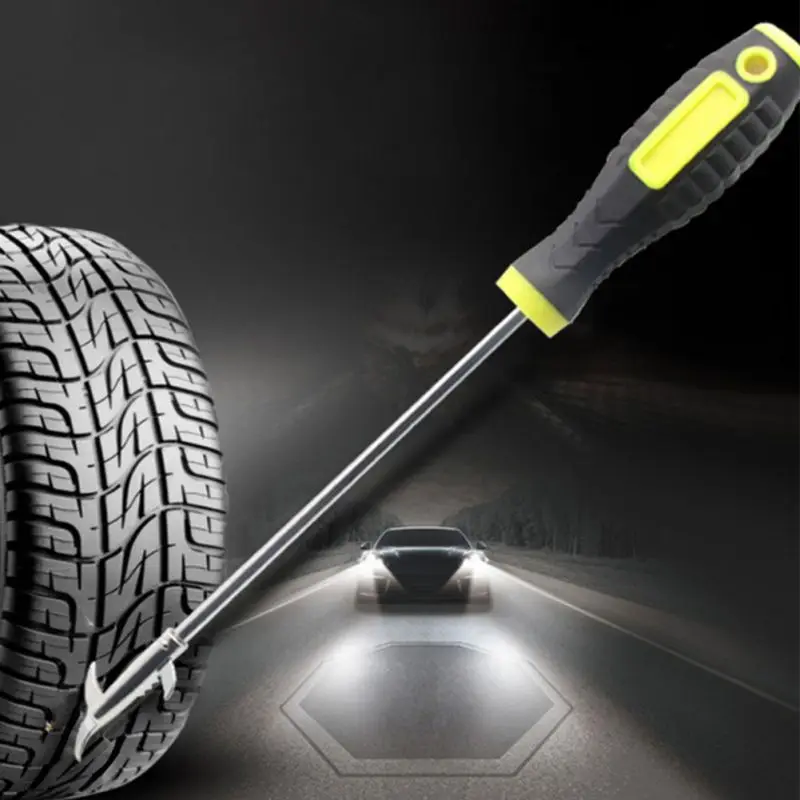What do you do when a customer brings you a vehicle with a roaring or howling noise coming from a wheel? In most cases, it can be coming from a worn tire, or a worn bearing. It is not easy to tell, but there are ways to determine what is causing the problem.
We put together this noise guide to save you some labor time. You can have your technicians find the noise that best describes what they’re hearing in the list below. From there, they may be able to figure out what the issue is.
Most common causes: Bad wheel bearing or chopped tire tread
If the noise is more “growly”, then the issue is likely a bad wheel bearing. The noise may become louder the faster you drive.
Yet, if the noise rises with speed, it may also be a sign of chopped tread. This is often the result of:
It can be hard to figure out if the noise is caused by a wheel bearing or a tire. There’s something you can try, though. Turn the steering wheel slightly to the left or right. If the noise gets worse, then it’s likely one of the wheel bearings.
There’s something you can try, though. Turn the steering wheel slightly to the left or right. If the noise gets worse, then it’s likely one of the wheel bearings.
If the wheel bearing and tires look good, you may want to check the drivetrain. Sometimes a humming or growling noise is a sign of an issue within the drivetrain.
Most common causes: Bad wheel bearing or damaged outer CV joint
A snapping or clicking noise coming from under your vehicle is normally caused by either:
If the issue is a worn wheel bearing, you’d typically hear this noise while cornering or making sharp turns with moderate speed. A bad CV joint can be heard at low speeds with the steering wheel all the way to one side or the other. It can’t hurt to check both the wheel bearings and CV joint(s).
Most common causes: Bad wheel bearing, a flat spot in a tire, under-inflated tires, or improperly aligned tires
If the problem is a worn wheel bearing, then you’re hearing a knocking noise because the bearing isn’t rotating as freely as it should.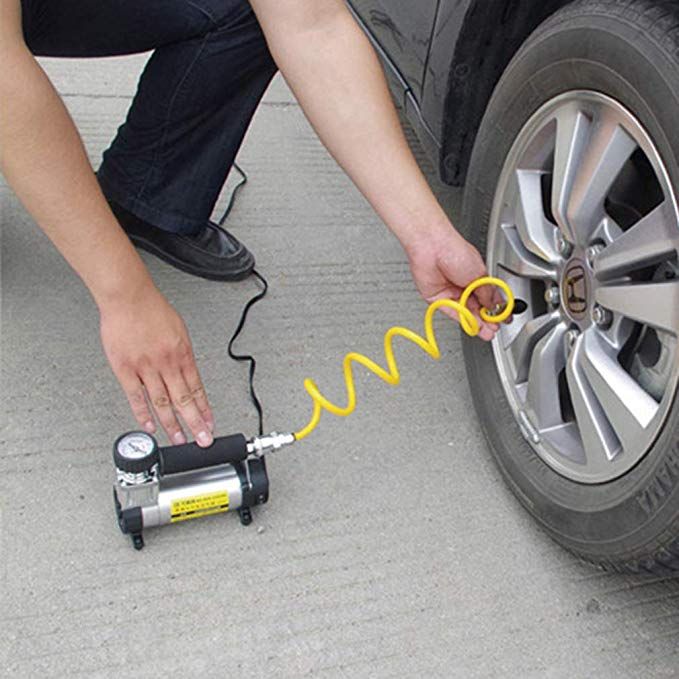 A bad tire can cause a knocking or thumping noise, too. To be more specific:
A bad tire can cause a knocking or thumping noise, too. To be more specific:
The best way to figure out the cause of this noise is to check the tires first. If the tires look good, then check the wheel bearings.
Most common causes: Bad wheel bearing or loose pinion-bearing preload
A worn wheel bearing can cause a howling noise. If you’re also hearing a rumbling noise when turning, then it’s likely a bad wheel bearing.
You may also trace this noise to a loose pinion-bearing preload. It’s likely the case when you only hear the noise when decelerating.
Most common causes: Bad wheel bearing, under-inflated tires, or improperly aligned tires
If you’re hearing this noise, the issue may be a bad wheel bearing. To confirm it, change the speed of the vehicle. If the noise becomes worse the faster you drive, then it’s almost certainly a bad wheel bearing. If the noise remains the same, then the issue may be the tires instead.
If the noise remains the same, then the issue may be the tires instead.
The noise may be the result of an under-inflated tire or improperly aligned tires. These issues cause part of the tires (or one tire) to be scrubbing on the pavement. That causes a squealing noise.
In extreme cases, a failed wheel bearing can cause abnormal tire wear. When that happens, the noise you’re hearing is caused by both a bad wheel bearing and a worn tire.
If you’re still not sure whether the issue lies in the tires or one of the wheel bearings, check out the most common symptoms of each issue:
If you’re replacing a bad wheel hub bearing, you want to make sure that your techs use high quality replacement parts. Using high quality replacement parts:
Using high quality replacement parts:
This post will help you find a quality parts manufacturer. GMB is a reliable manufacturer of OE-quality hub assemblies and wheel bearings. Check out this page to find out why GMB wheel bearing and hub assemblies are the prime choice.
When a strange sound starts coming from your wheel wells, it is alarming, to say the least. Your tires are the only thing maintaining contact with the road. As such, you need to know that they are in good working order, so you and your family stay safe.
So what about those noises? When should you be concerned, and when is it normal?
There are many different reasons for tire noise, so we’ve gathered a list of some of the more common reasons to help you figure out what step to take next.
(Pixabay / Bertsz)
Table of Contents
Sometimes the only reason your tires are making a lot of noise is because of the road surface.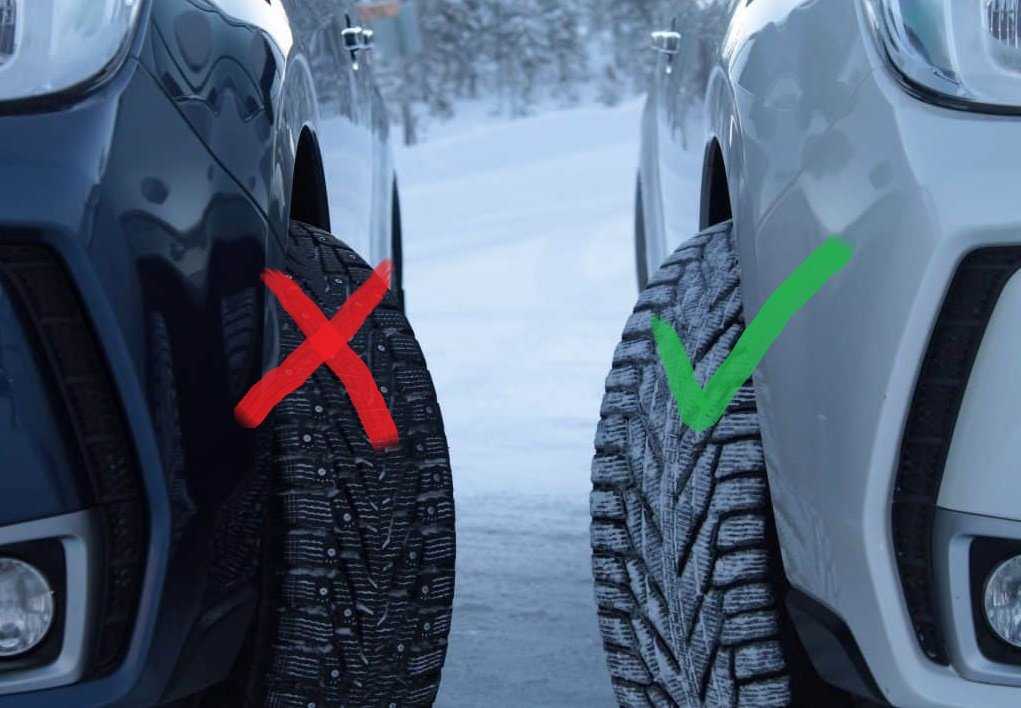 Obviously potholes cause a lot of noise if you hit them, but older roads or rough asphalt can also significantly increase tire noise. The amount of noise the road makes has to do with how well it absorbs the noise from the tires. Concrete can’t absorb much, so it’s pretty loud, whereas new asphalt is quite supple and can soak up a lot of tire noise.
Obviously potholes cause a lot of noise if you hit them, but older roads or rough asphalt can also significantly increase tire noise. The amount of noise the road makes has to do with how well it absorbs the noise from the tires. Concrete can’t absorb much, so it’s pretty loud, whereas new asphalt is quite supple and can soak up a lot of tire noise.
One of the major factors in tire noise is what kind of tire you use. Tire noise comes from a variety of factors including:
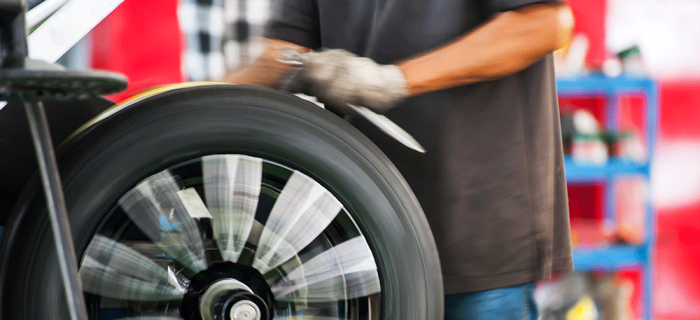 They also use smaller blocks of tread and might even have little hash marks between the treads to further break apart the air compression.
They also use smaller blocks of tread and might even have little hash marks between the treads to further break apart the air compression.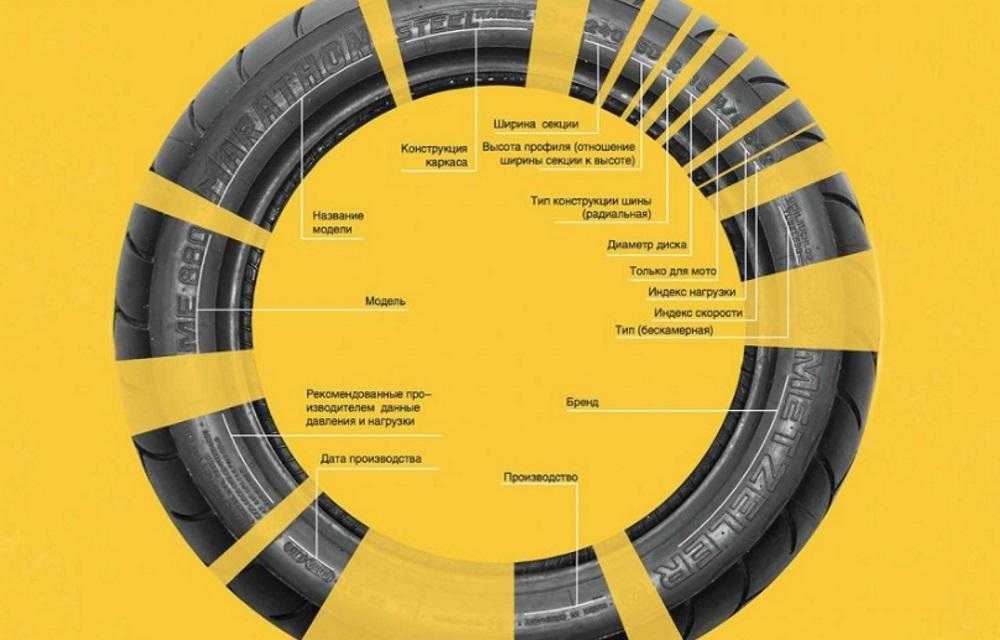 On the other side of the spectrum, a low profile tire can be noisy because it has such a thin sidewall.
On the other side of the spectrum, a low profile tire can be noisy because it has such a thin sidewall.The condition of your tire also has a lot to do with how much noise it makes. If you have uneven tread, for example, you could hear a lot of road noise. Especially first thing in the morning after a freezing Utah night, you might find that your tires are quite noisy. That’s just because the tires have been sitting in one spot all night and might develop a small flat spot, but things should quiet down the warmer the tires get.
Of course, if you hear a “slap slap slap” sound while you’re driving, it probably means that you have a flat, and you should pull over right away.
The wheel bearings in your vehicle connect your car’s wheels to the axle and reduce friction so that you can drive smoothly.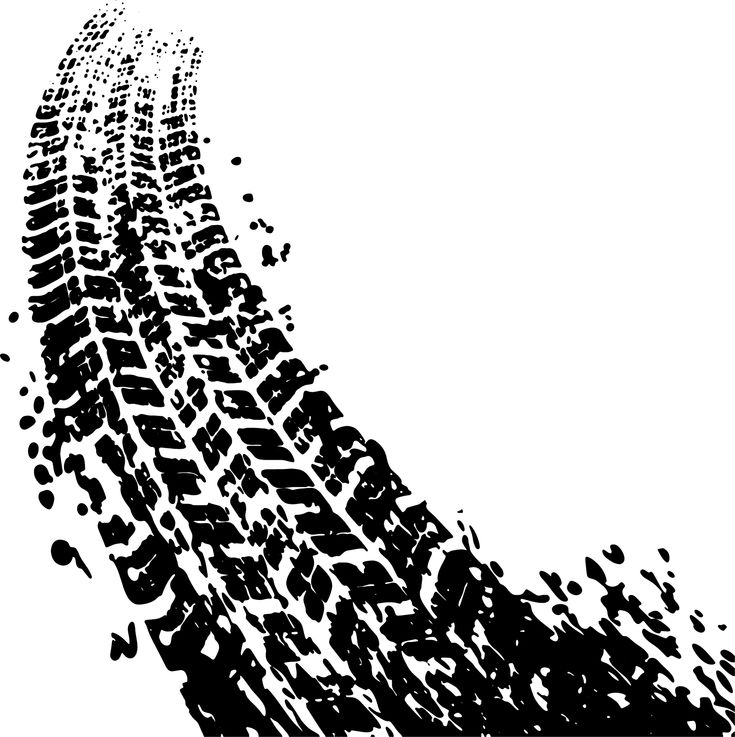 If you hear a humming or grinding noise – especially when you turn or change lanes – it could mean that your wheel bearings are damaged. The humming noise happens when the wheel bearings continuously move over divots in the wheel race, but it’s a difficult problem to diagnose because the sound can travel to other parts of your car. If your technician suspects that that is the problem, he’ll probably suggest that you replace both wheel bearings to be safe.
If you hear a humming or grinding noise – especially when you turn or change lanes – it could mean that your wheel bearings are damaged. The humming noise happens when the wheel bearings continuously move over divots in the wheel race, but it’s a difficult problem to diagnose because the sound can travel to other parts of your car. If your technician suspects that that is the problem, he’ll probably suggest that you replace both wheel bearings to be safe.
The best thing you can do for your tires is to keep on top of your preventative maintenance. Be sure to keep them inflated at the manufacturer’s recommended levels and get them rotated and aligned following a schedule. You should also accelerate and decelerate carefully and slowly to reduce uneven wear that could make things noisier than they need to be.
When concerns arise, you can always bring it to one of our tire shops. (We have 12 tire stores stretching from Highland to Farmington along the Wasatch Front.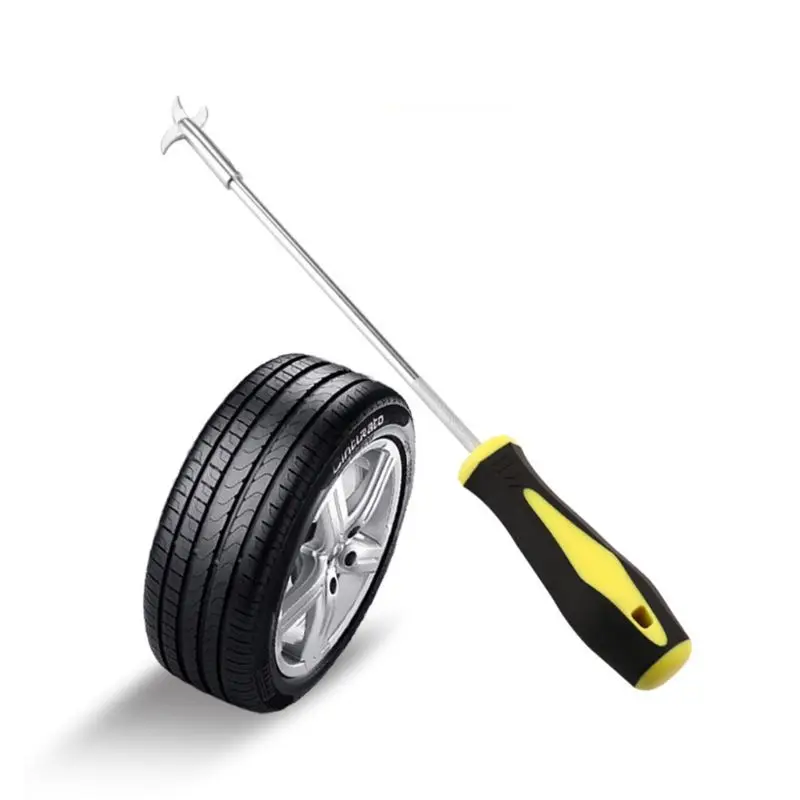 A 13th store in Layton is coming soon). We will make sure that everything is secure and working properly. Our skilled technicians know what to look for so that you can have peace of mind as you drive around on Utah’s roads.
A 13th store in Layton is coming soon). We will make sure that everything is secure and working properly. Our skilled technicians know what to look for so that you can have peace of mind as you drive around on Utah’s roads.
Often after a seasonal tire change on a car, drivers are faced with such an effect as the rumble of rubber while driving.
This phenomenon cannot be attributed to a serious problem or malfunction of the chassis, but it causes some discomfort when driving. Most of all, as a rule, summer tires are noisier, while winter tires are quieter in operation. In the article, we will look at the main differences between summer and winter tires, understand the causes of the rumble and advise on how to choose the least noisy tires.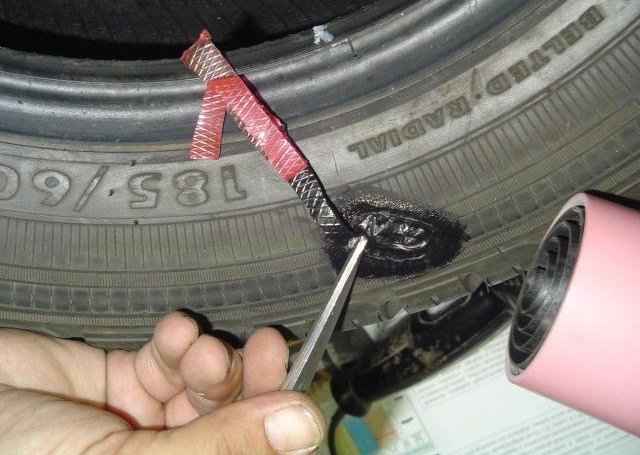 nine0003
nine0003
When a winter set of tires is changed to summer tires, the driving noise becomes louder. This fact is noticed by all drivers. Experienced motorists do not worry about this, beginners worry. To understand why the rubber is buzzing, you should study a little the features of the summer and winter tires.
The key difference is in the composition of the rubber compound. The production of a mixture is the first stage in the technological cycle for the production of tires for use in different seasons of the year. Accordingly, tires for summer and winter are different in their characteristics and tasks. For the production of winter tires, a softer mixture is used, taking into account driving on slippery roads and at low air temperatures. Soft rubber provides reliable grip of the “contact patch” of the wheel with the road surface. Accordingly, it is characterized by a low noise level during movement. nine0003
nine0003
Summer tires are made from harder rubber, as the main task is to maintain stability and hardness on the road. When changing a “soft” tire to a “hard” one, drivers notice a hum from the rubber. This is a common occurrence.
In addition, tires for summer and winter have different tread patterns. In the first version, it is more smoothed, since the road surface does not have winter "surprises". In the second case, the protector is more pronounced. The pattern is characterized by a large number of grooves that perform the task of removing snow while driving. The number of sipes has also been increased for better tire grip on slippery surfaces. nine0003
The reasons for the appearance of a hum when driving a car on summer or winter tires may be the following factors:
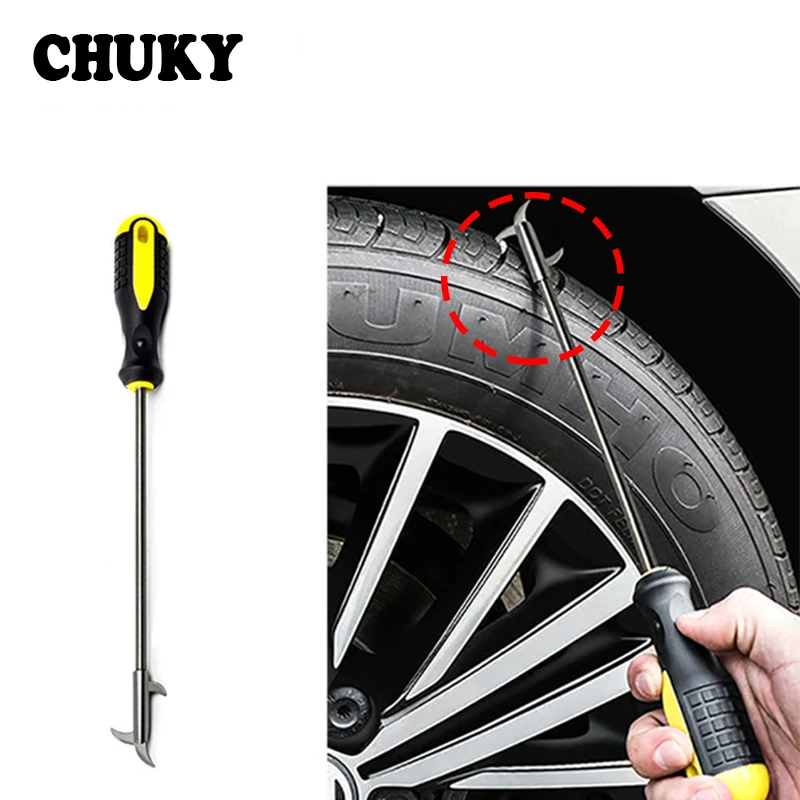 That is, the air does not have time to leave from under the tires and characteristic pops appear. In winter tires with soft rubber and a deep tread pattern, this cause of noise is less pronounced. nine0029
That is, the air does not have time to leave from under the tires and characteristic pops appear. In winter tires with soft rubber and a deep tread pattern, this cause of noise is less pronounced. nine0029  When buying, you should carefully consider the characteristics specified by the manufacturer, check the noise parameters. nine0029
When buying, you should carefully consider the characteristics specified by the manufacturer, check the noise parameters. nine0029
Thus, 2/3 of the reasons why tires buzz are determined by the design of the rubber.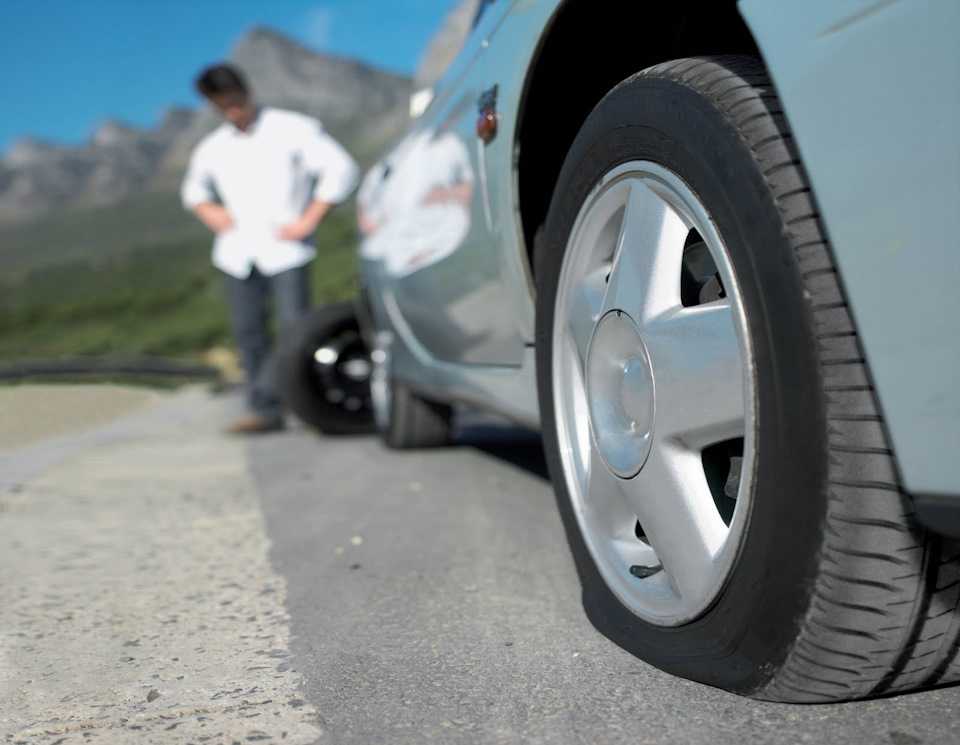 As a rule, noise appears during seasonal wheel changes due to the difference in tread pattern. In most cases, this is normal. Since crushed stone acts as a filler for the asphalt mixture in our country, soft rubber with a deep tread “envelops” small breakaway particles and makes almost no noise. A hard tire interacts harder with the coating, which causes noise. nine0003
As a rule, noise appears during seasonal wheel changes due to the difference in tread pattern. In most cases, this is normal. Since crushed stone acts as a filler for the asphalt mixture in our country, soft rubber with a deep tread “envelops” small breakaway particles and makes almost no noise. A hard tire interacts harder with the coating, which causes noise. nine0003
Winter Drive protection
Tires Goodyear UltraGrip Arctic 2 SUV
Winter Drive Protection Sound Comfort
Rating:
4.5
Tires Goodyear UltraGrip Ice 2
Winter Drive protection
Tires Goodyear UltraGrip Performance+ SUV
Winter Drive protection
Tires Goodyear UltraGrip Arctic 2
Winter Drive Protection Run On Flat Sound Comfort
nine0002 Tires Goodyear UltraGrip Performance+ The amount of noise that tires make when moving depends on many factors.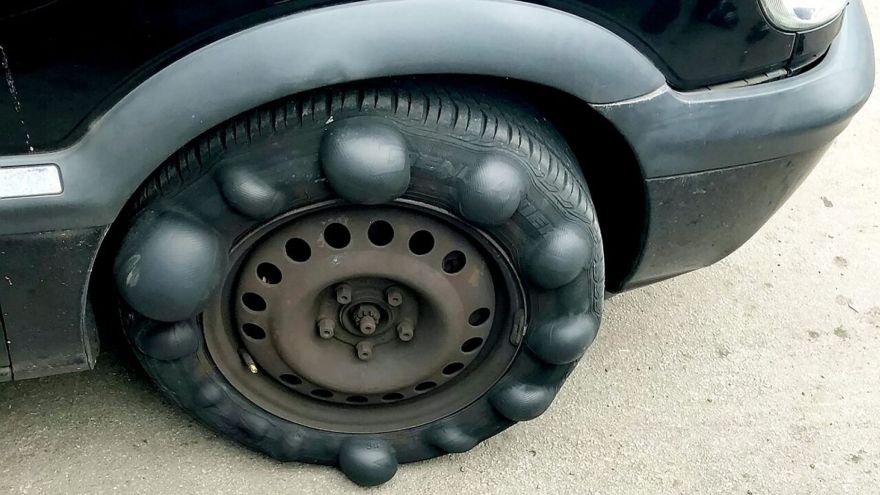 We have listed the most common reasons above. In addition to them, the rumble can provoke a poor quality roadbed or wet asphalt. It should also be noted that if the machine is operated on asphalt roads, then soft tires with a deep tread pattern should be chosen. Typically, tire manufacturers list noise levels in decibels in their tire specifications. nine0003
We have listed the most common reasons above. In addition to them, the rumble can provoke a poor quality roadbed or wet asphalt. It should also be noted that if the machine is operated on asphalt roads, then soft tires with a deep tread pattern should be chosen. Typically, tire manufacturers list noise levels in decibels in their tire specifications. nine0003
To figure out which summer tires do not make noise when driving, it is enough to know only two parameters.
The first is the hardness of the rubber. The softer it is, the quieter the movement will be. However, there is a downside: softness leads to an increase in braking distance. Experts recommend choosing moderately hard tires with a symmetrical tread pattern. These tires hold the road well on wet surfaces and do not buzz too much. The asymmetric tread is suitable for fans of fast and quiet driving. nine0003
The second is the noise level specified by the manufacturer. Usually this characteristic is indicated in the form of waves. One wave — not noisy summer tires. Two - medium noise. Three is a noisy tire.
One wave — not noisy summer tires. Two - medium noise. Three is a noisy tire.
If you need not noisy winter tires, then you should pay attention to the depth of the tread pattern, as well as the presence of spikes. In any case, a studded tire is more noisy than a regular one. Of course, for winter you need to use soft rubber. nine0003
Choosing low-noise tires for summer and winter is not as difficult as it seems at first glance. Another point - you do not need to display this criterion in the absolute. It is always worth adhering to the "golden mean": comfortable driving should not be higher than the safety of the driver and passengers.
Written by: The Goodyear Team
Many car owners face the problem of tire noise. This phenomenon does not carry anything negative, but creates a certain discomfort during trips. For most, the lack of noise even becomes one of the main factors in choosing new tires. Someone seeks to drown out the rumble with good acoustics or even a radio, but this does not help in all cases. In addition, car owners are not just worried about the annoying monotonous sound, but also the question of whether noise is the cause of malfunctions. In fact, the reasons lie in the quality of the road surface and the tires themselves. nine0017
Someone seeks to drown out the rumble with good acoustics or even a radio, but this does not help in all cases. In addition, car owners are not just worried about the annoying monotonous sound, but also the question of whether noise is the cause of malfunctions. In fact, the reasons lie in the quality of the road surface and the tires themselves. nine0017
More often than not, car owners complain about noise after replacing winter tires with summer tires. In the early days, the difference in driving is felt especially strongly. And the reason for the increased noise is far from being in the open window, but in the following features:
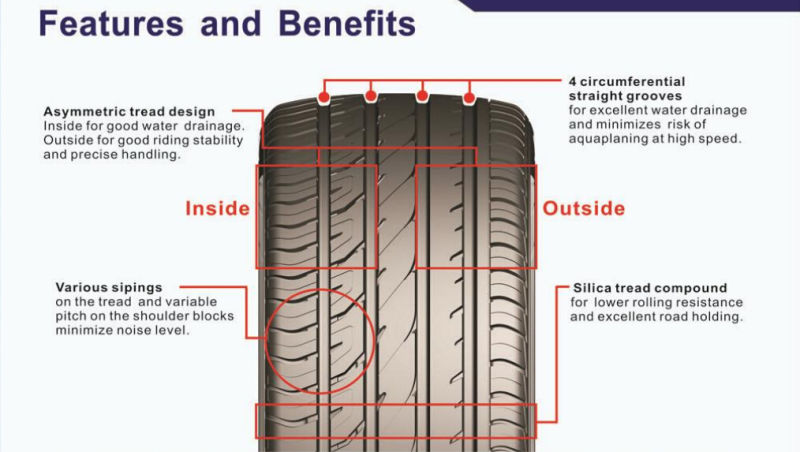 Winter tires are made from softer rubber because it doesn't "tan" when it's cold. This is important for normal grip on snowy road surfaces. Summer tires need to retain their hardness and stability at all times, so they are made from a different rubber compound.
Winter tires are made from softer rubber because it doesn't "tan" when it's cold. This is important for normal grip on snowy road surfaces. Summer tires need to retain their hardness and stability at all times, so they are made from a different rubber compound. If we consider summer and winter tires in terms of different noise levels, the following should be noted:
 Numerous lamellas and grooves during the movement without any problems have time to remove air from the tires, without causing micro-pops and other noise.
Numerous lamellas and grooves during the movement without any problems have time to remove air from the tires, without causing micro-pops and other noise. When driving in summer, the sound effect is emitted by the tires themselves, while in winter the noise comes from the adhesion of rubber to the road surface. It is the features of the tread, according to experts, that are the most obvious causes of the hum.
A variety of factors play a decisive role in the appearance of sufficiently strong rubber noise: from the quality of the tires themselves to the road surface and environmental conditions. Common causes include:
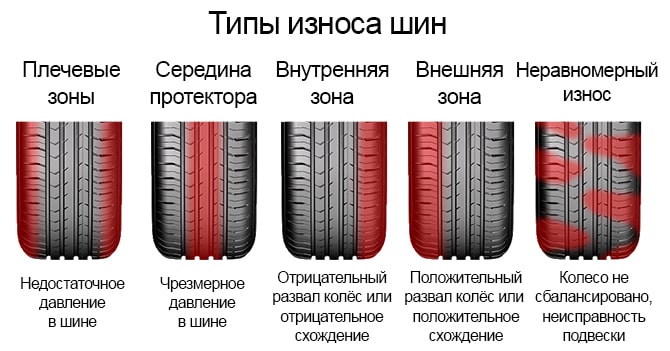 Bearing failure may be caused by wear on the treadmill.
Bearing failure may be caused by wear on the treadmill. In the field of road construction, crushed stone is most often used as a filler. In contact with the surface of the tires, it leads to the appearance of a characteristic noise. At the same time, the interaction of hard summer rubber with a porous coating is accompanied by a much louder rumble than soft winter tires. Noise can be amplified in those sections of the pavement where very fine aggregate has been used. nine0003
Over-inflated tires are another reason for their increased rubber noise. When the tire is inflated too much, the area of its adhesion to the roadway increases, which inevitably leads to an increase in the already unpleasant rumble. Many car owners and service workers rarely pay attention to pressure indicators. Inflation must be carried out under the control of a manometer.
Cheaper tires have an insufficient quality compound, which causes too much noise. It may also be the result of non-compliance with manufacturing technology, which affects the quality of the tread and other performance characteristics of the tires. Therefore, it is better to buy tires that have passed certification tests for noise levels and other safety indicators. nine0003
It may also be the result of non-compliance with manufacturing technology, which affects the quality of the tread and other performance characteristics of the tires. Therefore, it is better to buy tires that have passed certification tests for noise levels and other safety indicators. nine0003
Wider tires always make more noise because they have a larger contact surface with the road surface and therefore higher asphalt resistance.
In the summer, especially in very hot weather, you may notice an increase in noise. This is due to the softening of the rubber and the increase in its resistance to the road surface.
Noticing that winter tires are less noisy, some drivers decide to leave them for the summer. But here it is worth noting that this will only increase the noise even more. In hot weather, the rubber softens and adheres even more to the asphalt. In addition, it will worsen the car's handling on the road and lead to faster tire wear.